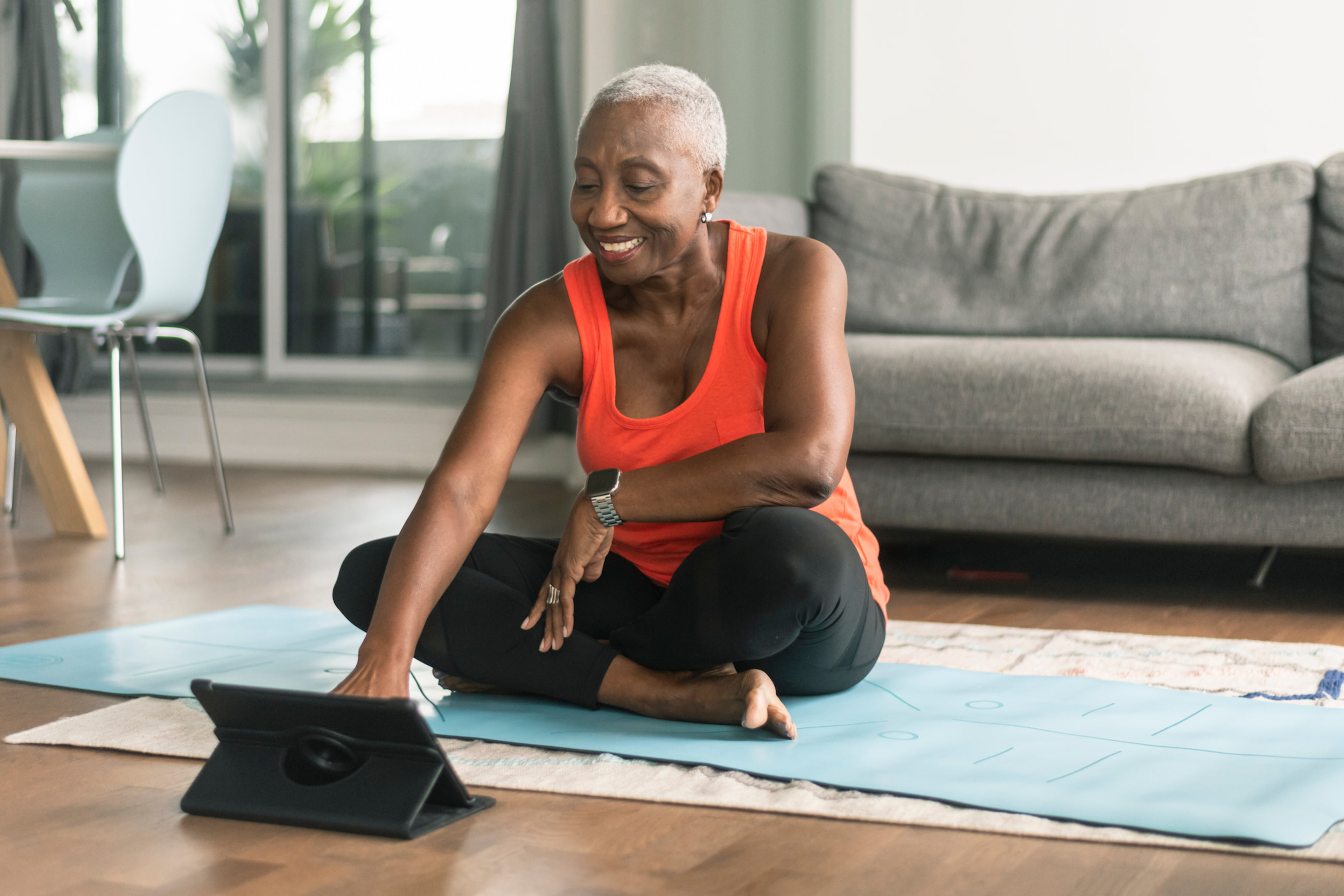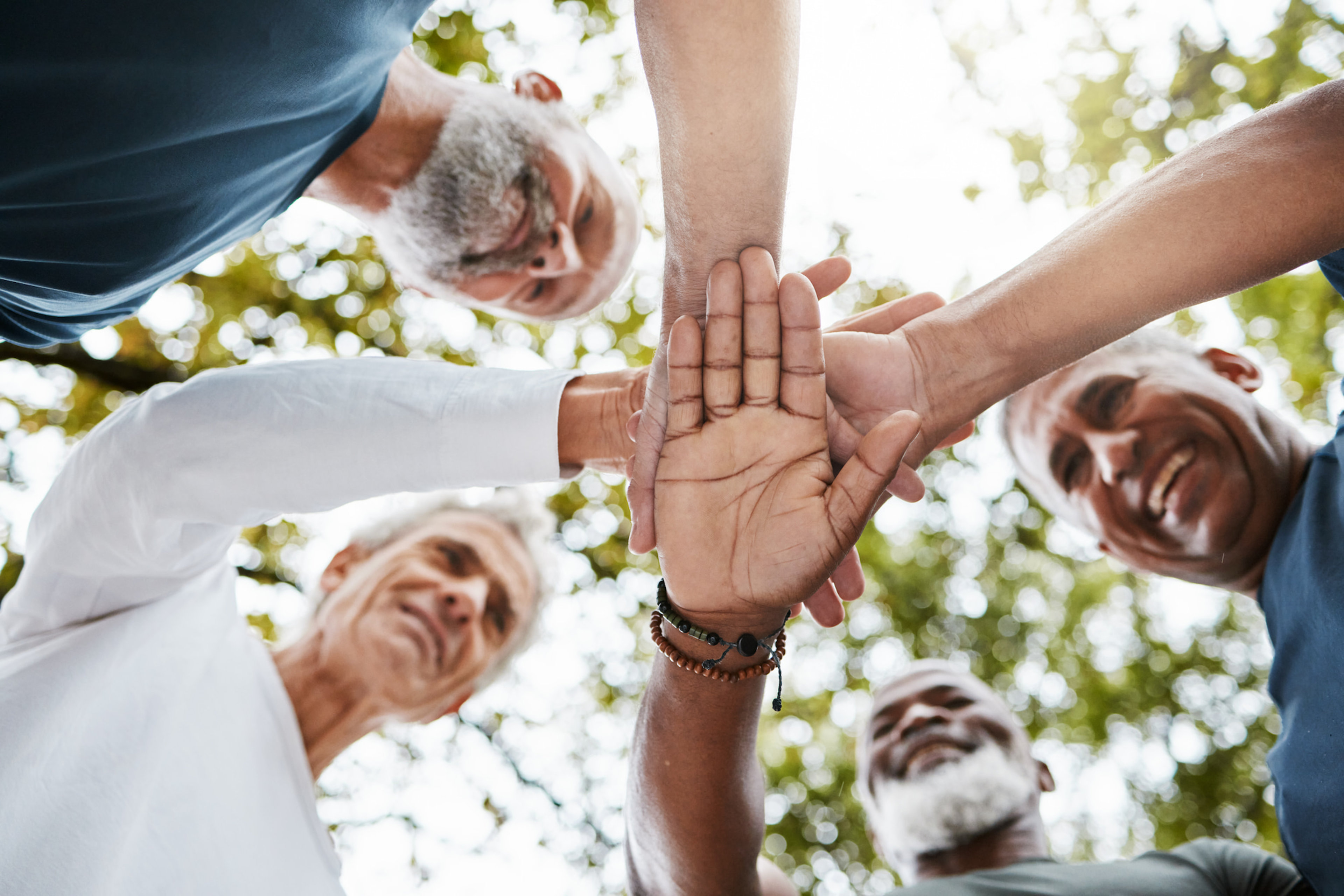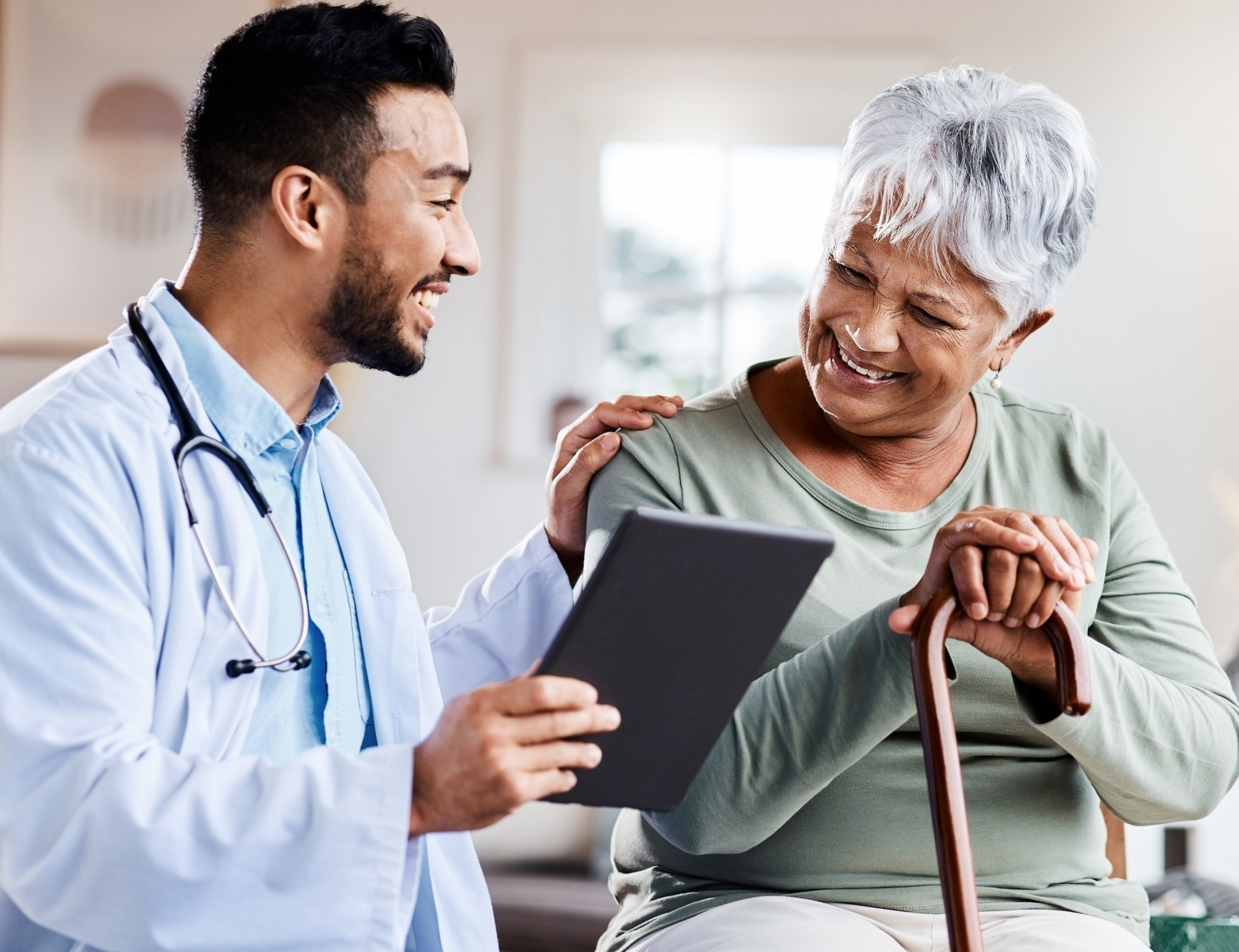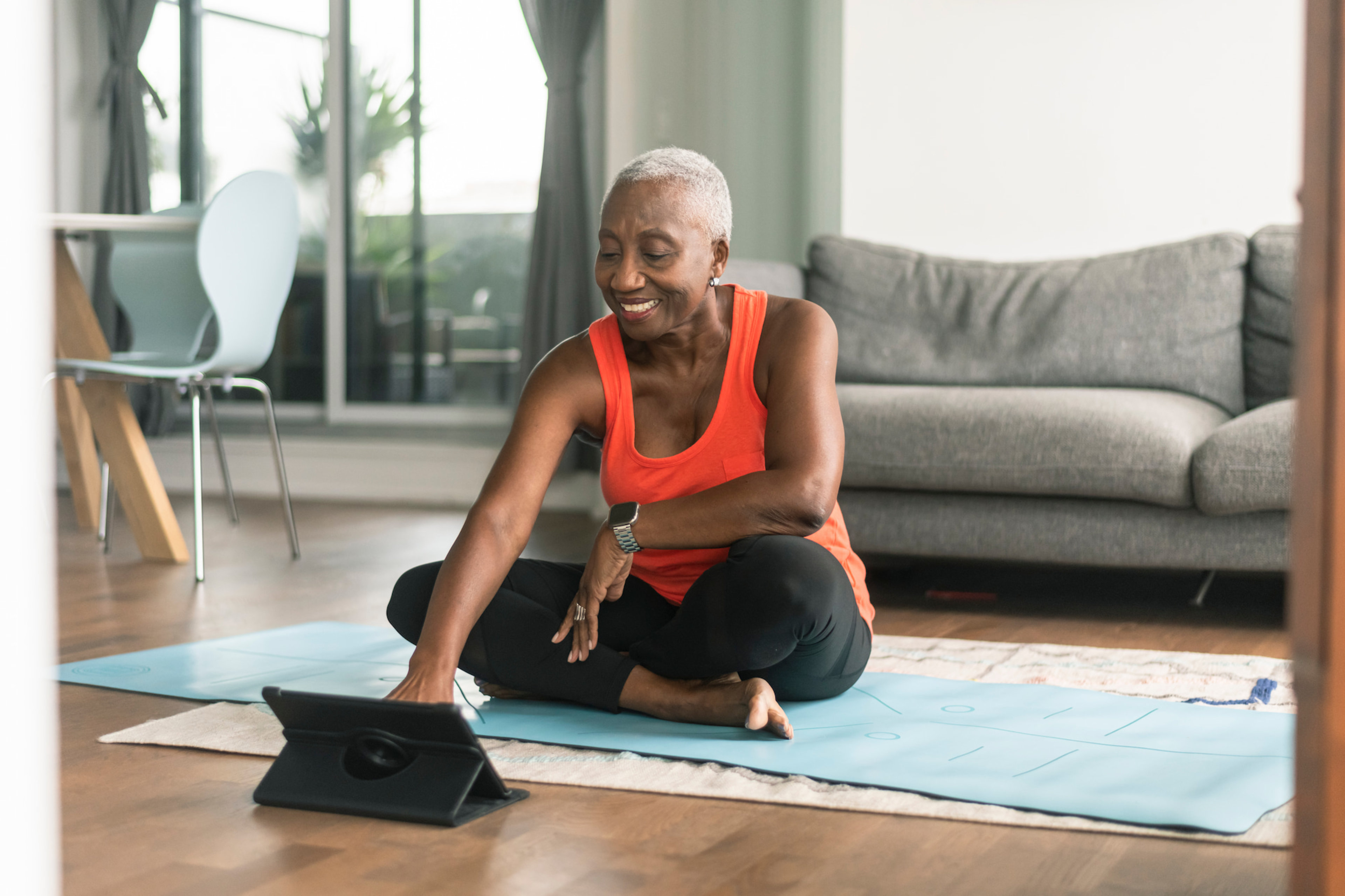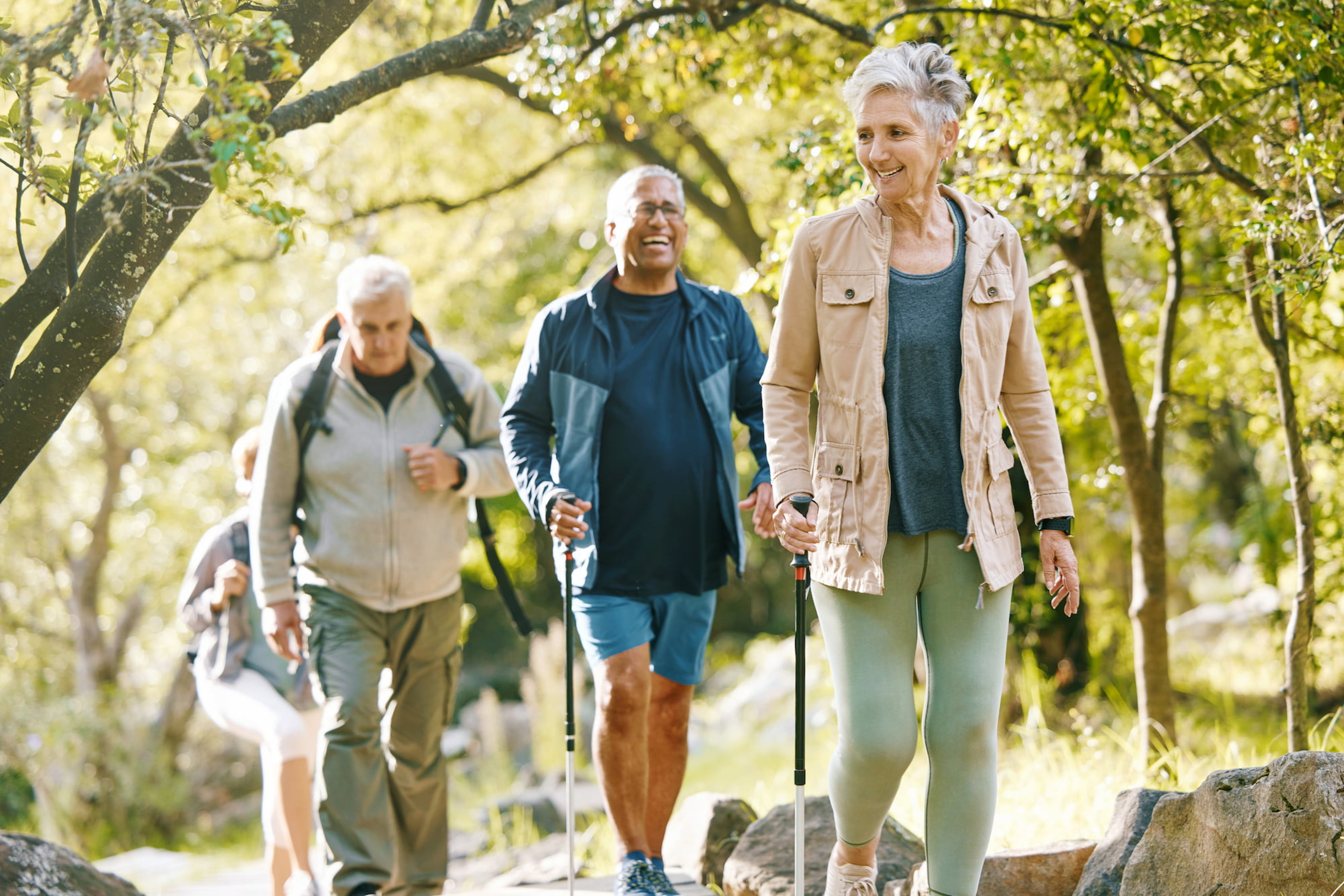UnDo heart disease wherever life takes you
Ornish Lifestyle Medicine is the only scientifically-proven program to reverse heart disease without medication or surgery. The 9-week online program is reimbursed by Medicare, Blue Shield of California, and Aetna.
400%
improvement in blood flow to the heart
90%
reduction in reported angina by 9 weeks
46%
increase in exercise capacity
Session 1
Love More
9–10
am108
113
Session 2
Move More
11–12
pmSession 3
Eat Well
12–1
pm115
Session 1
Love More
9–10
am108
113
Session 2
Move More
11–12
pmSession 3
Eat Well
12–1
pm115
Session 1
Love More
9–10
am108
113
Session 2
Move More
11–12
pmSession 3
Eat Well
12–1
pm115
How it works
Optimize your lifestyle and UnDo heart disease

Session 2
Stress Less
11–12
pm18 LIVE online classes: 4 hours twice per week for 9 weeks
Eat Well: Enjoy nourishing, delicious meals while discovering quick and easy ways to prepare them at home
Move More: Experience the vitality that comes from daily moderate cardio and strength training activity
Stress Less: Learn a range of techniques to relax, release stress and react in healthier ways
Love More: Unlock the healing power of community by feeling connected and supported at every step
128
145
120/84
BP
Get empowered with your Welcome Kit
Get set up for success with everything you’ll need to reverse your heart disease, from the comfort of your home or wherever you may be, at no additional cost to you!
Tracking Sensors for your heart rate, weight and blood pressure.
An activity mat, props and practice videos to get fit, relax and restore your well-being.

Session 3
Eat Well
12–1
pmEase-in with two weeks of fresh meals
Delicious & nutritious meals, conveniently delivered to your doorstep twice each week, at no additional cost to you! Enjoy savoring your food while you learn friendly ways to shop cook and eat well at home and on the go!
Lose excess weight and gain heart health with a nourishing breakfast, lunch, and dinner every day.
Stay energized and on track with two tasty snacks every day.

Session 4
Love More
1–2
pmFeel support and guidance at every step
Share your transformative lifestyle journey with a small steady group with whom you can feel safe, connected and supported
Your doctor will be kept apprised of your progress, and will continue to supervise all therapeutic decisions regarding your care
You will be guided at every step with ongoing support by a consistent multi-disciplinary team of specialists:
Physician
Nurse
Stress Management Specialist
Exercise Physiologist
Registered Dietitian
Clinical Psychologist
LIVE and OnDemand Classes
A robust practice library
Get empowered to optimize your lifestyle, whenever and wherever its most convenient for you! From yoga and meditation practices, to cardio and strength training workouts, you’ll find your zone!
Batch Cooking
Eat Well
15min

Session 4
Eat Well
5–6
pmBatch Cooking
Eat Well
15min
Strength Training
Move More
30min

Session 2
Move More
10–11
amStrength Training
Move More
30min
Gentle Stretch
Stress Less
60min

Session 3
Stress Less
9–10
amGentle Stretch
Stress Less
60min
Resistance Training
Move More
30min

Session 1
Move More
4–5
pmResistance Training
Move More
30min
Cooking Demo: Lasagna
Eat Well
60 min

Session 4
Eat Well
5–6
pmCooking Demo: Lasagna
Eat Well
60 min
Testimonials
True stories. Inspiring results.
Meet our Alumni
Jennifer B
2023 Cohort“
I've had tremendous results.
“I wouldn’t have been able to do it if it hadn’t been a virtual program from the comfort of my home. The first thing I noticed was that my blood pressure stabilized. For years I had a lot of pressure in my chest (angina), and yet ever since 3 or 4 weeks of starting the program, it has been completely alleviated; that was a huge thing!”
Allen S
“
The results were beyond my wildest imagination.
“I’ve seen a reduction in my A1c, so I’m no longer diabetic. I’ve also seen a reduction in my blood pressure and asthma, and I eliminated my acid reflux and COPD. I even lost close to 30 pounds!”
Jim C
2023 Cohort“
You get a whole new perspective on life once you’re given a second chance like I have.
“I’ve lost over 30 pounds; I feel great! I don’t have angina or the constant fear of having a cardiac event anymore. My whole life has changed for the better and I’m going to keep it that way.”



Your journey to a healthier you begins today.
The Ornish Lifestyle Medicine remains the only program scientifically proven in randomized controlled trials and published in the leading peer-reviewed journals to reverse coronary heart disease progression.

Did you know?
Ornish Lifestyle Medicine has better outcomes and completion rates online (>90%) than standard cardiac rehabilitation.
Evidence
Over 40 years of landmark research.
Preventive Medicine Research Institute
Dean Ornish, M.D. and his colleagues at the non-profit Preventive Medicine Research Institute in collaboration with the University of California, San Francisco and other leading academic institutions, have conducted a series of research studies showing that comprehensive changes in diet and lifestyle can often reverse the progression of many of the most common and costly chronic diseases, including coronary heart disease.
Review the evidence
The Journal of Urology
Slow, stop & reverse early prostate cancer

The Journal of the American Medical Association
Reversing heart disease

The Lancet Oncology
Reversing aging/lengthening telomeres

American Journal of Health Promotion
Sustainable lifestyle changes

The Journal of the American Medical Association
Improved cardiac blood flow (PET)

Proceedings of the National Academy of Sciences
Changing lifestyle changes genes

The American Journal of Cardiology
Lifestyle changes reduce inflammation

Int’l Journal of Disease Reversal & Prevention
A new unifying theory of lifestyle medicine

The Journal of Urology
Slow, stop & reverse early prostate cancer

The Journal of the American Medical Association
Reversing heart disease

The Lancet Oncology
Reversing aging/lengthening telomeres

American Journal of Health Promotion
Sustainable lifestyle changes

The Journal of the American Medical Association
Improved cardiac blood flow (PET)

Proceedings of the National Academy of Sciences
Changing lifestyle changes genes

The American Journal of Cardiology
Lifestyle changes reduce inflammation

Int’l Journal of Disease Reversal & Prevention
A new unifying theory of lifestyle medicine
“
Joy of living is sustainable. Fear of dying is not.

Dean Ornish
Founder and CEO of Ornish Lifestyle Medicine
The Transformative Difference of Ornish Lifestyle Medicine
Hear from Dean Ornish on the scientific foundation of the program

Your healthier, happier, empowered future awaits.
Get empowered to reverse your heart disease, and transform your life from wherever you are.
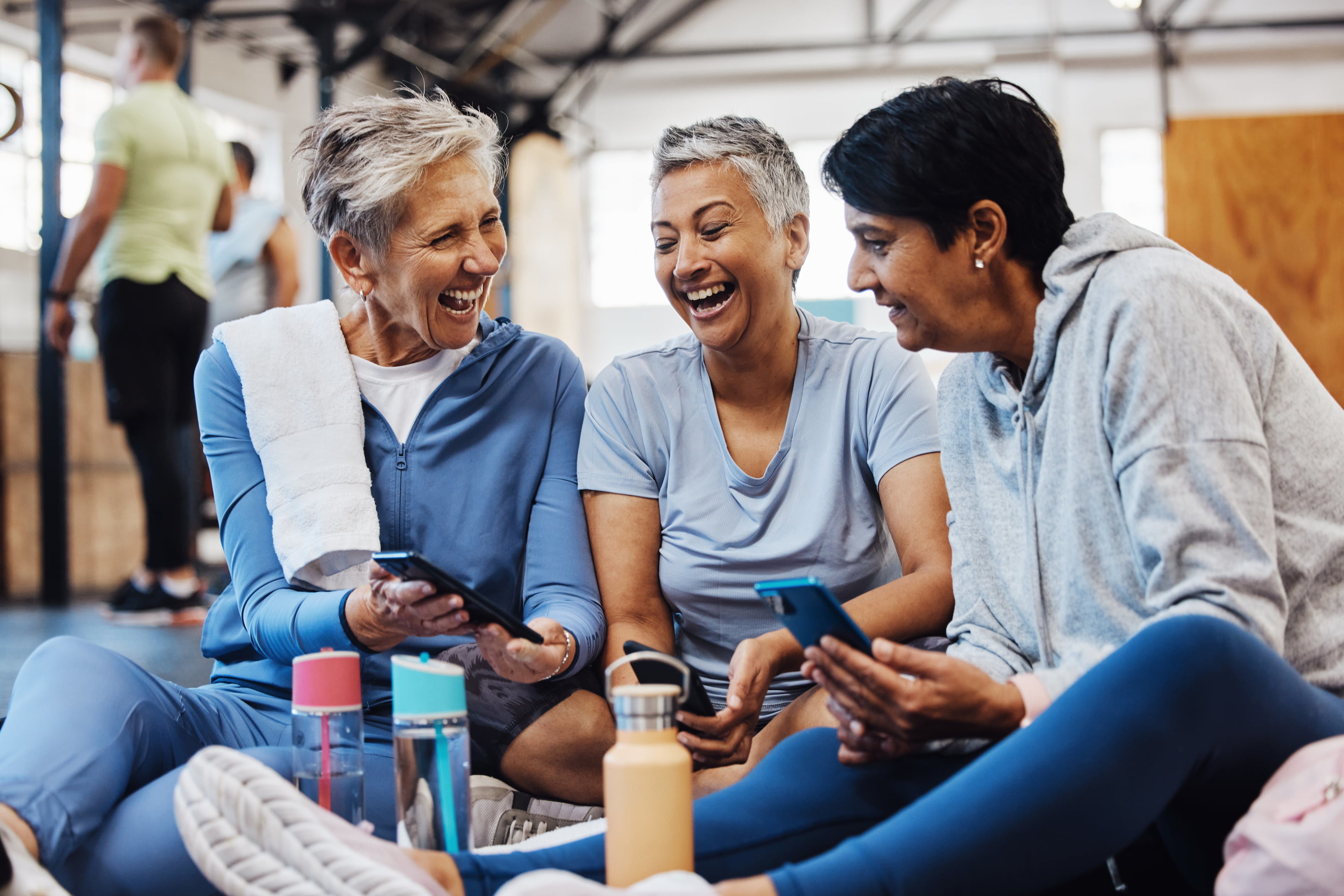
UnDo it!
Simple. Scientific. A National Best Seller.

Get the UnDo It! book
Learn how to reverse-undo-the progression of many of the most common and costly chronic diseases and even begin reversing aging at a cellular level.
Learn more about UnDo It!As featured on

Good Morning America

Super Soul Sunday

The Ellen Show
Subscribe to our newsletter
Sign up and receive the UnDo It! 30 Day Challenge and a 3-sample menu of recipes.
